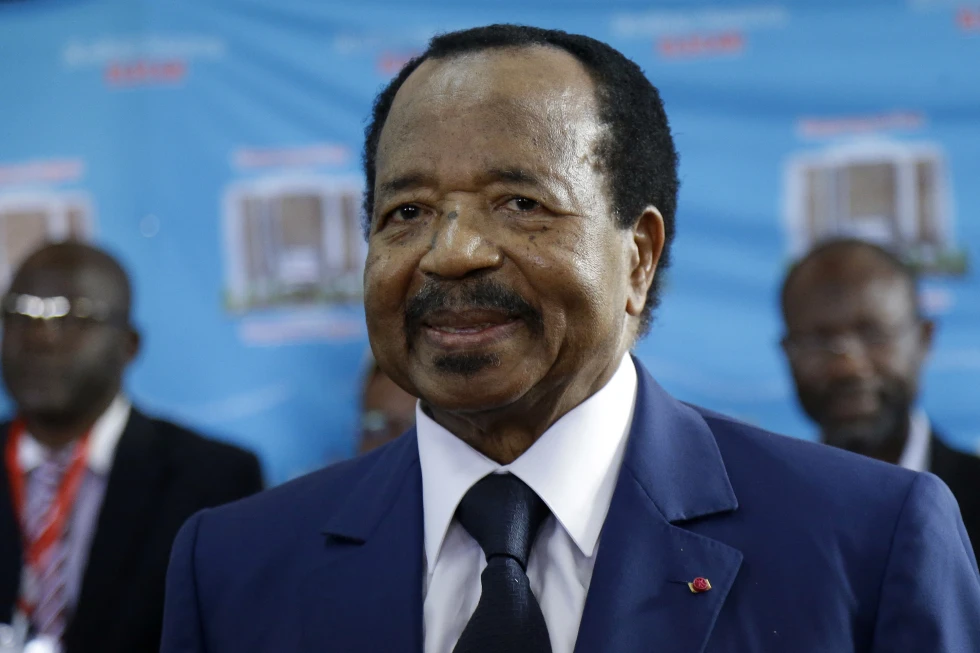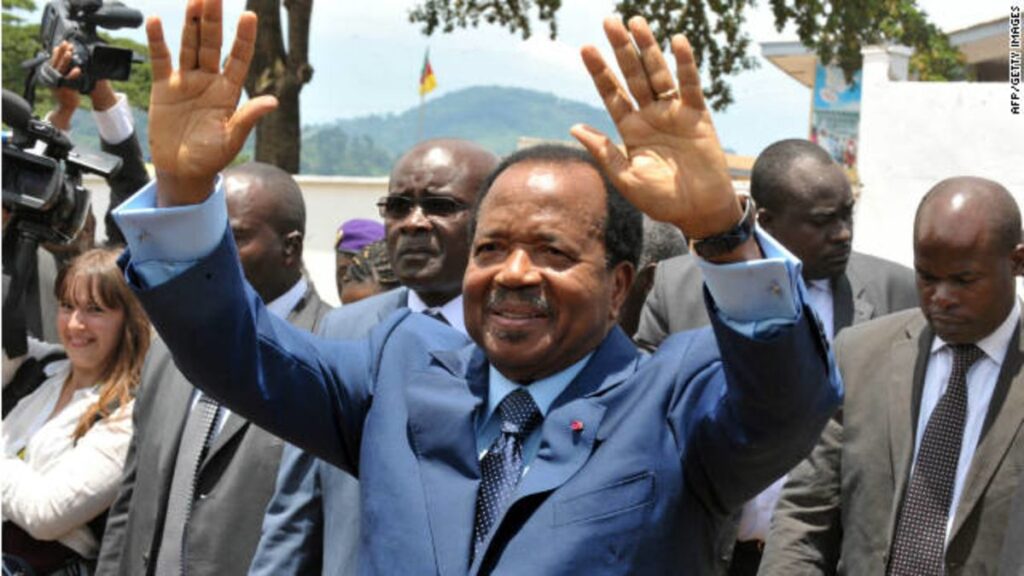The Cameroonian government has issued a directive banning any public discussion or media coverage regarding the health of 91-year-old President Paul Biya, according to a letter shared by the interior ministry. This move comes in response to widespread speculation about Biya’s well-being following his prolonged absence from public view.

Interior Minister Paul Atanga Nji, in a letter dated October 9 and addressed to regional governors, declared that discussing the president’s health is now a matter of national security. “Any debate in the media about the president’s condition is therefore strictly prohibited. Offenders will face the full force of the law,” Nji stated.
The directive orders governors to establish monitoring units to oversee broadcasts on private media channels and social networks, raising concerns about potential infringements on press freedom and free speech.
This ban follows recent government statements asserting that President Biya was on a private visit to Geneva and in good health, dismissing reports of illness as “pure fantasy.” Biya has not been seen in public since attending a China-Africa forum in Beijing in early September, and his absence from a scheduled summit in France last weekend further fueled speculation.

The move has faced criticism from journalists and press freedom advocates. Hycenth Chia, a Yaounde-based journalist, argued, “The president is elected by Cameroonians and it’s just normal that they worry about his whereabouts.” He contrasted the situation with open discussions about the health of other world leaders like U.S. President Joe Biden.
Angela Quintal, head of the Committee to Protect Journalists’ Africa Program, expressed grave concern, stating, “Trying to hide behind national security on such a major issue of national importance is outrageous.”
The ban on health discussions highlights the sensitive nature of succession politics in Cameroon, which has had only two presidents since gaining independence in the early 1960s. Analysts suggest that the country could face a messy succession crisis if Biya became too ill to remain in office or died.
As Cameroon grapples with this controversial directive, the situation underscores the delicate balance between national security concerns and principles of transparency and press freedom in the Central African nation.



